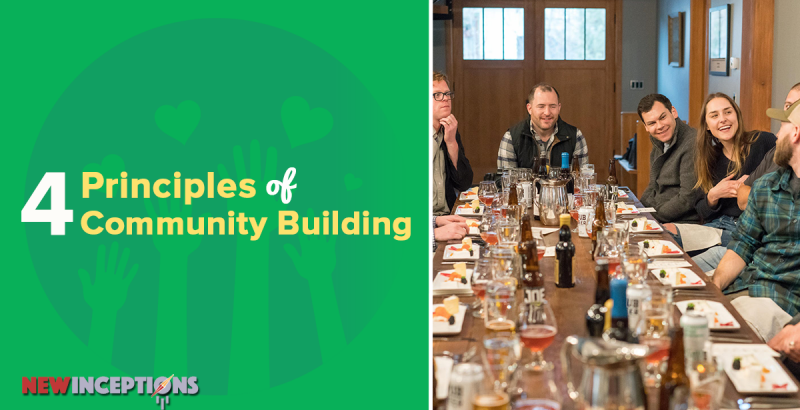4 Principles of Community Building
Those of us who are influencers have to repeatedly ask ourselves “Who or what am I trying to influence?” Who am I trying to help? The reasons for this varies, but I think a big part of it lies in our internal motivations.
What do we internally find important?
When it comes to the Reiss Motivation Profile, I have four motivators that lie outside of the bell curve: Curiosity, Idealism, Saving, and Honor.
When I took this test earlier this year, I struggled a bit to see where these motivators fit into my life. However, as I reflected more, I realized that my interest in politics and community building comes from these core motivators.
- Curiosity leads me to want to keep on the forefront on whatever’s going on. I’m always asking Why?
- Idealism leads me to ask if the situation is fair. And if it isn’t, how can it be made that way?
- Saving shows its head by seeing the value in things that have been forgotten or are considered outdated by most.
- And Honor pops up by me asking “What’s the right thing to do?” in just about every situation.
While I think this gives me a bit of a natural interest in working with people in my town and state, not all current or future community leaders are going to have the same motivations.
So, let’s look a bit into some of the internal principles that a successful community builder believes in.
Community Building Principles
While not every community builder has the same motivations, there are some key ideas that will help a person be successful in this role.
Go to the People
The first thing we need to focus on is the people inside the community. You can’t build a community if you don’t help those that are in it day in and day out. And to find out what people need in a community, it would make sense to go where the people are. Whether that’s in social gatherings, local meetings, or large events, you need to get out and be with the people you want to help.
Just Start
When many of us first start working on something we care about, we often think that we have to have credentials showing that we’re capable of being helpful. But that’s not always the case. In fact, most of the time we feel like we’re capable of doing something ONLY after we’ve put the time into learning it.
So, in other words, you have to start somewhere. Start with what you know and build on what you have.
Be Generally Helpful
When we are first starting out in our craft or working in our community, we often don’t feel like what we’re doing is up to standard or having the effect that we’d want it to. Which is fine – you just started!
Often the best strategy we can have is to reach out and see if we can learn from anyone who’s going down our path who’s just a bit further ahead of us or, better yet, learn from people who are already where we want to be. You need to engage with all of these individuals. That means, be available, be accountable, and be helpful whenever you can. For example, if you have a ton of connections (like me) make sure that those people are meeting each other regularly. If your gift is organization, then help people get more organized. You’d be surprised how little things mean a lot to people at all levels.
Keep the Community in Mind
When we see politicians start their campaigns they make all kinds of promises. They have an agenda, and unlike the last guy who was in office, they’re going to stick to them.
Many times, however, we see politicians let the power go to their head once they’re in and they’ll do just about anything to stay in that role – even if it goes against what they previously said they were going to do.
When you’re working in the community and you’re known to do a certain thing or be a particular role, never forget why you started it in the first place. If you do, there’s a good chance that you’re not doing the work that needs to be done. Furthermore, there’s probably a chance that you’re going to get replaced.
Action Steps
So there’s a few things you need to keep in mind as you’re setting out to make an impact. To be clear, this is simply some things to consider as you’re doing you and adding value where you can.
That said, there are a few practices you can make into habits that will help you keep these principles in check. We’ll be talking about those in the next post. In the meantime, think about the actions you currently perform in your work and how they’re of benefit to your community. If it’s a bit of a stretch to make the connection, then the next post is for you.





Leave a Reply
Want to join the discussion?Feel free to contribute!